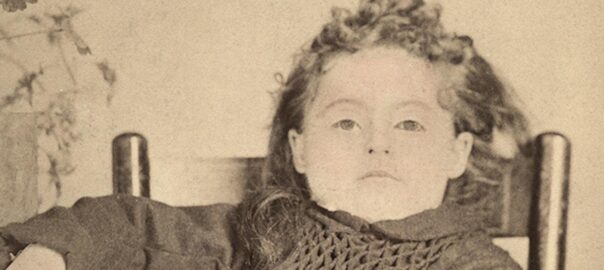A little girl is brought to a rural hospital by her mother. The doctor recommends tracheotomy, however, he has never before performed the procedure. He has no choice.
Bulgakov_a-country-doctors-notebook-1975EDITED
Bulgakov, The Steel Windpipe
Bulgakov, The Steel Windpipe (with highlights)
Bulgakov, The Steel Windpipe (vocabulary)
Vocabulary Games
Crossword #1 (Verbs and Adverbs)
Crossword #2 (Adjectives and Nouns)
Word Search
Word Scramble
Discussion Questions
- The Doctor mentions that he graduated medical school “with distinction” (very high grades/honors), but he believes that “distinction is one thing and hernia is another” (1). Do you feel that the Doctor’s schooling prepared him to perform the tracheotomy on Lidka? Why or why not?
- In reference to the question above – can theory ever fully prepare us for practice, whether in medicine or otherwise?
- What do you make of the Doctor’s demeanor? Do you think the patients are convinced that he is calm and prepared to perform an operation?
- Why does the Doctor insist on performing the operation, even though it terrifies him?
- Do you think the Doctor did a good job on the operation? Why or why not? How might one perform a surgical operation “well”?
- When the midwife compliments the doctor and relays that the villagers think he is a hero, he responds that he is not often worried, but then thinks to himself that he is “too tired to even feel ashamed” (6). What do you make of this? Why might he feel ashamed?
- The Doctor in the story goes out of his way to hide his fear about performing the operation. Do we, as patients, expect too much of doctors? Do we place so much trust in them, that it becomes a burden?
- Why is the Doctor so hostile towards Lidka’s grandmother?
- Why does the Doctor describe Lidka with words like “beauty” and “doll-like” (2)?









